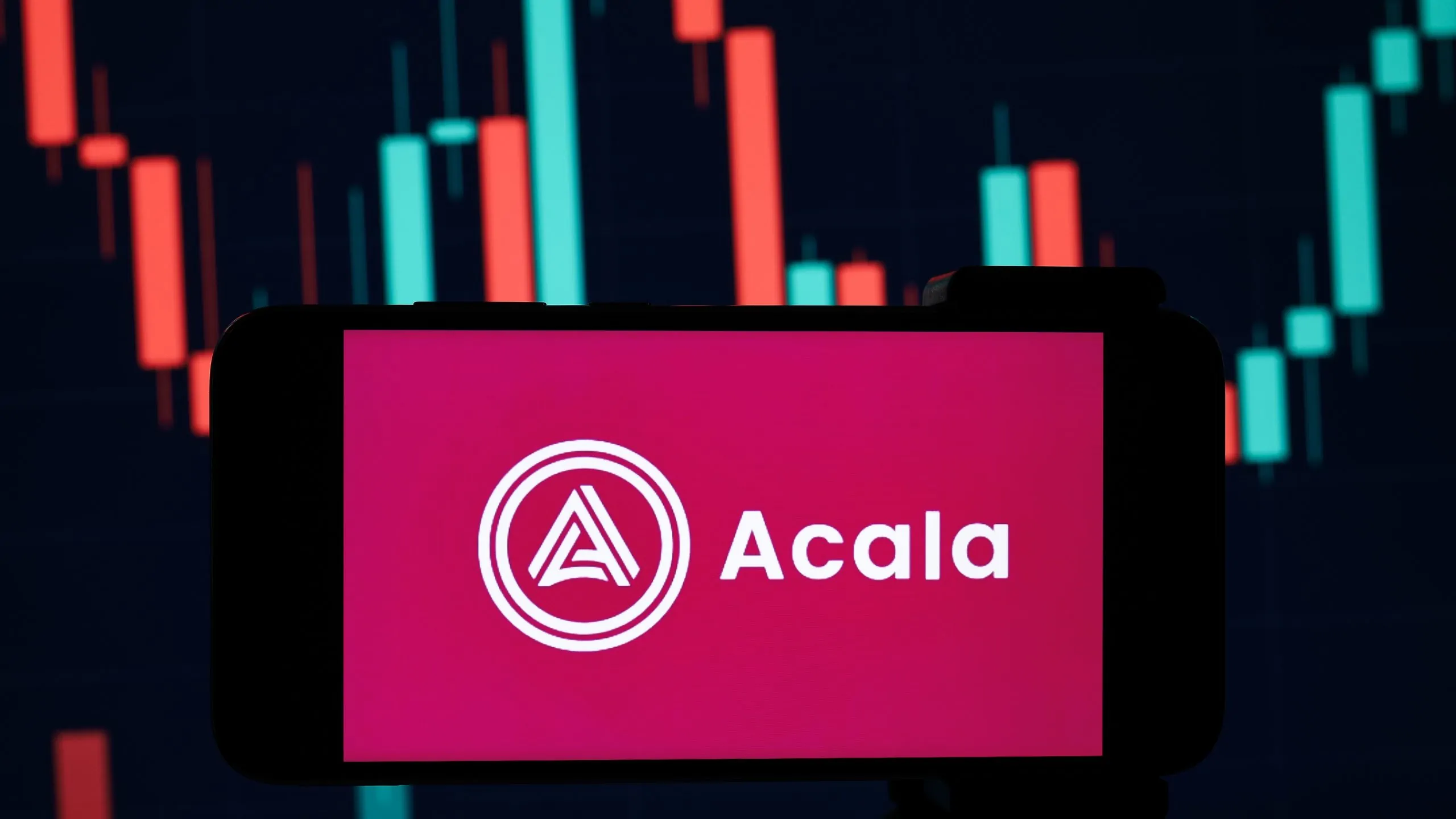On the evening of August 14, polkadot project Acala suffered an attack on its stablecoin aUSD. This subsequently lost its US dollar peg and fell 99 percent to fractions of a cent. The team behind Acala was able to suspend certain operations on the blockchain to prevent the attackers from making off with the funds.
The exploit was made possible because of errors in the configuration of a liquidity pool, Acala explains in a tweet. Hackers were able to mine $1.3 billion worth of aUSD. The attackers have already been able to exchange a small part of this for the ACA token. The team identified a wallet owned by the attackers, which currently holds said aUSD 1.28 billion.
By community vote, Acala has suspended trading on the protocol for the time being.
The incident once again casts a shadow over the stablecoin sector. The risk surrounding algorithmic stablecoins remains a major hurdle in their successful adoption.
Stablecoins under attack
After the collapse of the Terra-UST stablecoin, many questioned the legitimacy of other US dollar-denominated tokens that are decentralized and algorithmically governed. The dollar tokens also come under criticism because the collateral is often not transparent enough. They also remain susceptible to errors in the protocol. This is also shown by the recent case involving the polkadot project Acala and its stablecoin aUSD.
aUSD is said to be the de facto stablecoin for Polkadot and Kusama, according to Acala's website. The token is backed by cross-chain assets including the native Acala token and DOT. Until the hack, aUSD was able to keep its peg to the US Dollar stable.
Acala was successfully launched as the first parachain on Polkadot in December 2021. Previously, Acala won its place in Polkadot's ecosystem via auction by a large majority.
Acala: Polkadot declares danger banned
Similar to Cosmos, Polkadot aims to provide the control center for many connected blockchains, so-called parachains. Acala is considered by many to be the driving force of the entire ecosystem and is trying to position itself as the leading DeFi project on Polkadot.
Polkadot praised the Acala team on Twitter for providing quick access to the exploit. With community involvement, the team acted swiftly and decisively to ban the mis-minted tokens on the log.
My Top PicksHoneygain - Passive earner that pays in BTC or PayPalMandalaExchange -The Best no KYC crypto Exchange!
BetFury - Play And Earn BFG for daily Bitcoin and ETH dividends!
Pipeflare - Faucet that pays in ZCash and Matic, Games pay in DAIWomplay - Mobile dApp gaming platform that rewards in EOS and BitcoinCointiply - The #1 Crypto Earning SiteLiteCoinPay -The #1 FaucetPay earner for LitecoinLBRY/Odysee - YouTube Alternative that lets you earn Money by viewing videos!FaucetPay - The #1 Microwallet PlatformFREEBTC - The #1 FaucetPay earner for Satoshi'sFaucetCrypto - An earning/faucet site that pays out instantlyFireFaucet - An earning site that pays better for some than Cointiply
DogeFaucet - Dogecoin Faucet
xFaucet - BTC, ETH, LTC, Doge, Dash, Tron, DGB, BCH, BNB, ZEC, FEY - Claim every 5 minutes
Konstantinova - BTC, ETH, LTC, Doge, Dash, Tron, DGB, BNB, ZEC, USDT, FEY, 25 Claims Daily


Comments
Post a Comment